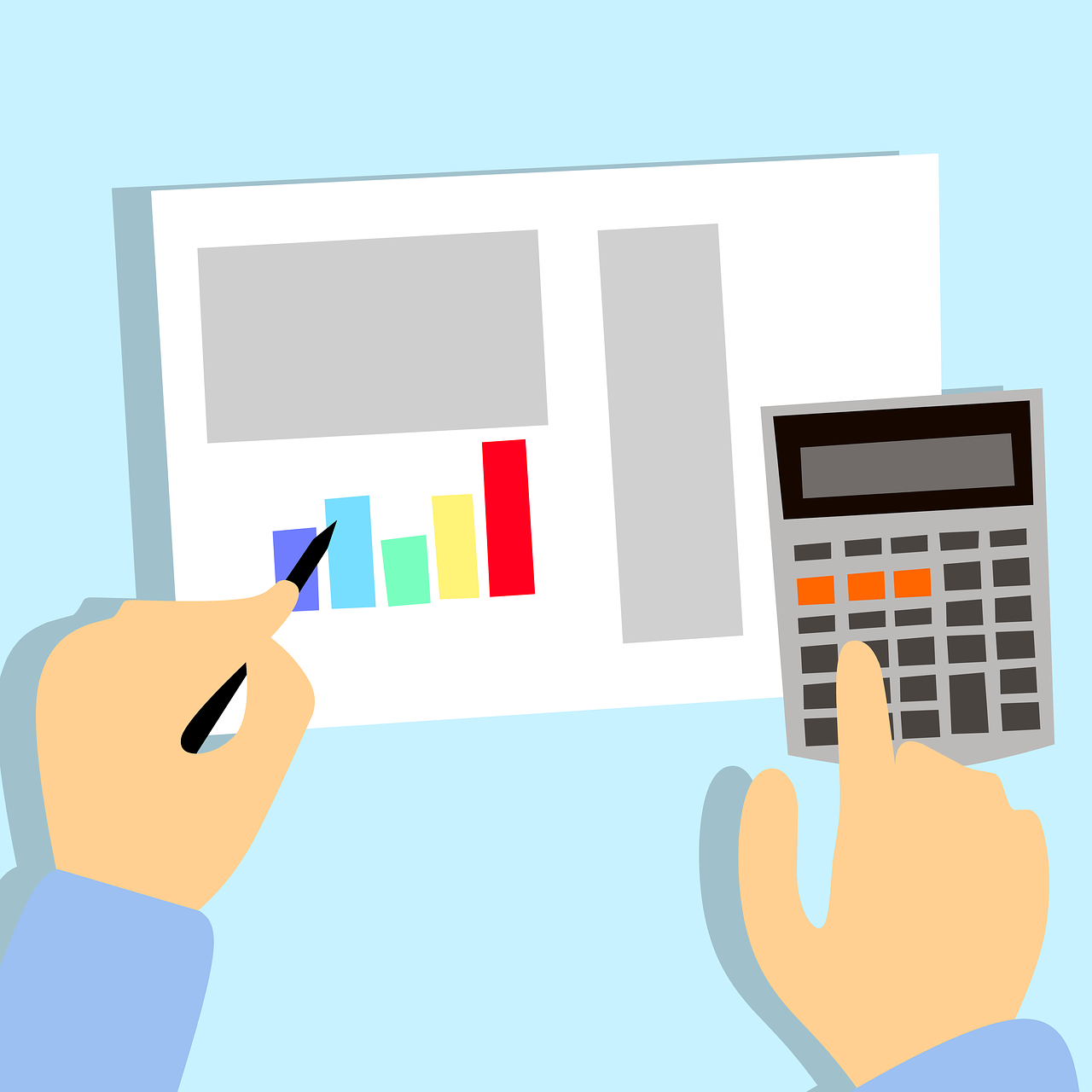By Jeff Swiggett, CBI, M&AMI
In my years of M&A Advisory work I have been involved with many transactions where the buyers, who are often Private Equity Groups, contract with an accounting firm as a part of the due diligence process to generate a Quality Earnings (QE) Report for the acquisition. As a seller, it is important to understand what these reports are. As defined by Divestopedia;
“A quality of earnings report provides a detailed analysis of all the components of a company’s revenue and expenses. The primary objective of a quality of earnings report is to assess the sustainability and accuracy of historical earnings as well as the achievability of future projections.
The measure of quality is the degree to which earnings are generated from internally developed initiatives, as opposed to external forces. If a company has increased earnings year over year from improved cost efficiencies or sales generated from a marketing campaign, that company has a high quality of earnings. If a company’s earnings are attributed to outside sources such as increasing commodity prices, this is seen as a low quality of earnings.
Quality of earnings analysis includes:
- Breakdown of revenue by appropriate components, such as customers and product/service lines
- Analysis of historic revenue trends
- Determination of one-time expenses vs. recurring expenses
- Determination of fixed vs. variable costs
- Analysis of impact on both revenue and expenses due to management changes
- Analysis of assumptions used in cash flow projections and scenario analysis”
Because QE Reports independently assess the sustainability of a company’s earnings, they are viewed by buyers as a critical component of any evaluation of a company acquisition. Whether a seller likes or not, they will be subjected to such reports if the buyer is institutional or a sophisticated individual and their company has a price tag that warrants it.
It has also been suggested to me by the Private Equity Groups we deal with that we should get our sellers to be proactive with QE Reports. It cuts out a lot of time in the deal process, probably enhances the value of the firm by having it and allows potential buyers to more accurately define price and terms in an LOI thereby reducing the risk of re-trading the price and terms after due diligence is completed. I think it is a great idea. Companies can also learn a great deal about their businesses from them and make improvements accordingly.
These reports cost anywhere between $20,000 and $40,000 and sometimes more, but for any firm making over $1million in Adjusted Ebitda it is worth spending the money. Having this in hand when you take a business to market cuts through a lot of the early work in negotiating a price with a possible buyer. The investment pays off handsomely in this regard and may well add value to the overall selling price.